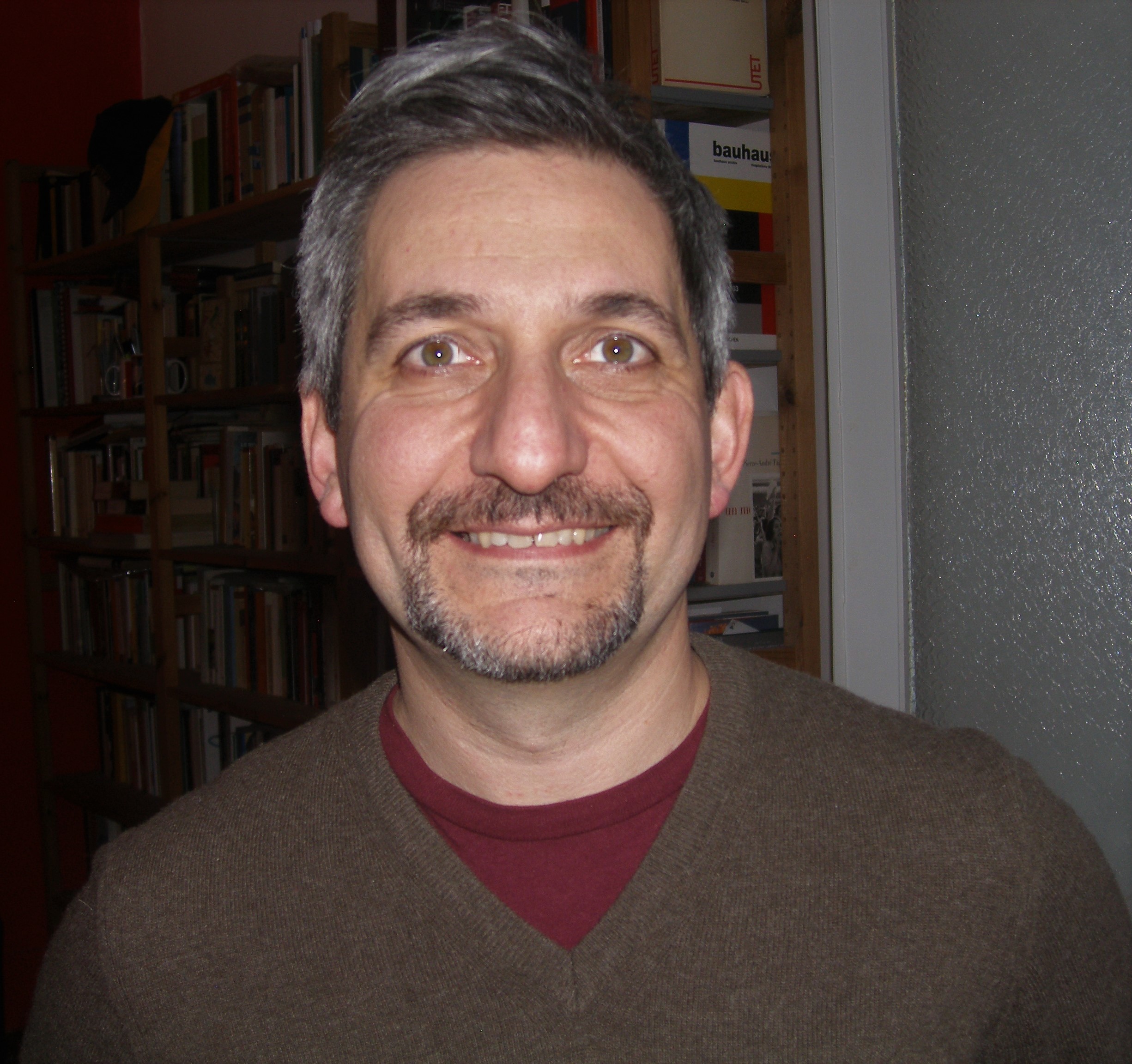
Professor of Contemporary History at the University of Genoa – Department of Antiquities, Philosophy, History (DAFIST). He has published on the history of eugenics and scientific racism in Italy, on the history of Lysenkoism in Italy, on the history of genetics and molecular biology.
He is member of the History of Race and Eugenics Research Group (Oxford Brookes) and of the International Working Group on Lysenkoism (CUNY, New York). He is also member of the Board of Directors of the International Association for Comparative Fascist Studies (Comfas). He founded, in 2021, CENTRA – Centre for the History of Racism and Anti-Racism in Modern Italy.
Among his publications: Science-Fiction? 7th Primo Levi Lecture (Einaudi, 2016); Eugenetica senza tabù. Usi e abusi di un concetto (Einaudi, 2015); L’Italia intelligente. Adriano Buzzati-Traverso e il Laboratorio internazionale di genetica e biofisica (Donzelli, 2013); Building the New Man. Eugenics, Racial science and Genetics in Twentieth Century Italy (Central European University Press, 2011); “La Difesa della razza”. Politica, ideologia e immagine del razzismo fascista (Einaudi, 2008).
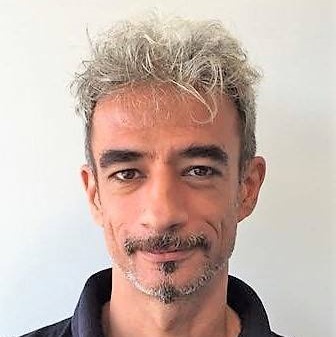
Associate Professor of History of Economic Thought at the University of Torino, his works have mainly focused on John Maynard Keynes’s thought, and the contemporary relevance of his epistemological and methodological reflections, and suggestions for global reform.
Supported by a research grant by the Italian Ministry of Education, University and Research (PRIN 2017), his current research project focuses on economics as (increasingly fragmented, and possibly more pluralistic) discipline, also in relation to other social sciences, and is aimed to explore the current status of economics by means of text-mining techniques for mapping disciplines.
He is the author of Economics as Social Science. Economics Imperialism and the Challenge of Interdisciplinarity, with R. Marchionatti, 2017, of Secondo Keynes. Il disordine del neoliberismo e le speranze di una nuova Bretton Woods (in Italian), with A. Carabelli, 2014, and of a series of articles in international economics journals (CJE, JoIE, JEM, EJHET, JPKE, JEI).
He has served as Secretary-General of the Italian Association for the History of Political Economy (STOREP) for the years 2015-21.
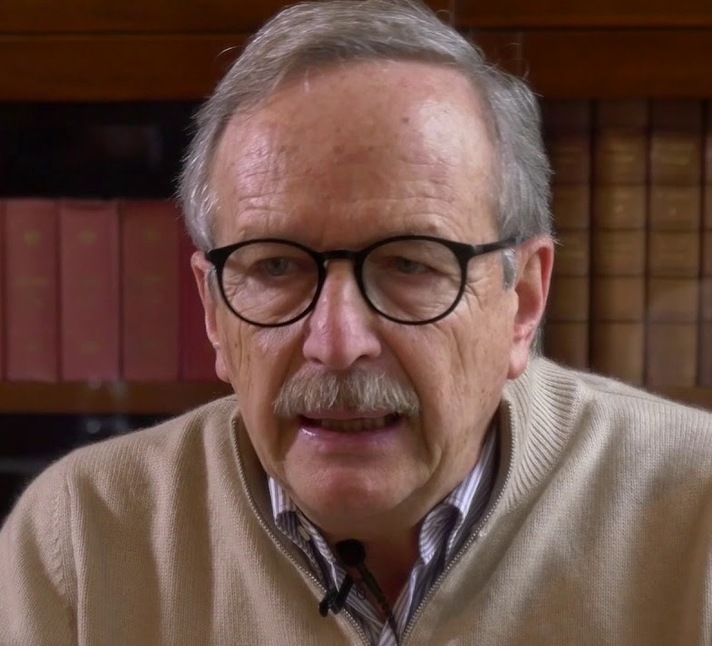
Professor of Economics at the Department of Economics and Statistics, University of Torino, Italy, national member of the Accademia delle Scienze di Torino and President of the Scientific Committee of the Fondazione Luigi Einaudi, Torino.
He has been Visiting Scholar at the New York University (NYU) and University of Cambridge, UK, and he is Life Member of Clare Hall, Cambridge University. He has been co-editor of History of Economic Ideas and is currently member of its editorial board.
He has published over 40 journal articles in international journals (among them: JPE, CJE, JEBO, JoIE, JSE, JPKE, HOPE, EJHET, JHET, HEI, RRPE), and more than 15 books as well as a great number of contributions to edited volumes. Among his recent pubblications: Economic Theory in the Twentieth Century. Volume I. 1890-1918. Economics in the Golden Age of Capitalism (Palgrave Macmillan 2020) and Economics as Social Science. Economics Imperialism and the Challenge of Interdisciplinarity (Routledge, with M. Cedrini, 2017).

Assistant professor of History of Economic Thought at the Department of Economics and Statistics “Cognetti de Martiis” of the University of Turin. She has published several articles concerning institutional economics, from a history-of-economic-thought and a history-of-economics perspectives. Her research interests also include economic methodology and the relationship between economics and other disciplines. She served as a member of the Executive Committee of the Associazione Italiana per la Storia dell’Economia Politica (STOREP) for the years 2015-21. She is also a member of the Committee of Archivio Storico delle Economiste ed Economisti – ASEE (since 2020).
She has recently published “Shifting Boundaries in Economics: The Institutional Cognitive Strand”, Journal of Economic Surveys, 2018 (with M. Fontana and A. Gigante), “Mauss’s The Gift, or the necessity of an institutional perspective in economics”, Journal of Institutional Economics, 2020 (with M. A. Cedrini and R. Marchionatti), and “Interdisciplinarità nella teoria economica: riflessioni sulle spalle di Paolo Sylos Labini”, Moneta e Credito, 2020 (with L. Storti).

Contract professor of History of Economic Thought, Ethics and Philosophy of Economics; Economics (University of Turin and University Lyon 2); Philosophy of Law (LUISS University), Paolo Silvestri is currently working on a research project, “Homo contribuens“, focusing on: tax justice; reciprocity and gift-giving in fiscal contract; Institutionalized solidarity vs. Spontaneous solidarity; Percentage Tax Designations Institutions.
He held Visiting positions at Cornell University, where he was also “Luigi Einaudi” Chair Holder and Coordinator of the Cornell-in-Turin Study Abroad Programme; FRIAS, University of Freiburg; LSE; University Lyon 2. Among his honours and prizes: Marie Curie Fellowship (2017-18); Honorary “Fair Inheritance” Fellowship, Chaire Hoover d’éthique économique et sociale, UCL Louvain (2020-21).
Among his latest publications: (co-ed.) “On The Future of Law and Economics by Guido Calabresi: an interdisciplinary dialogue”, Global Jurist 3/2019; (ed.) “Economics, Law and Philosophy: Homo-what?”, Teoria e Critica della regolazione sociale, 3/2019; (co-ed.) “On the Institutional Analysis of Gift”, Journal of Institutional Economics, 16(5) 2019; Il dono del 5×1000. Sussidiarietà fiscale e Terzo settore (with S. Chiadò, A. Lo Presti), Quaderni della Fondazione CRC, 39, 1/2020; (co-ed.) The Gift in the Economy and Society. Perspectives from Institutional Economics and Other Social Sciences, Routledge 2020.
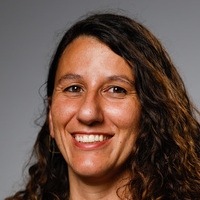
Veronica Barassi is Professor in Media and Communication Studies in the School of Humanities and Social Sciences (SHSS-HSG) at the University of St. Gallen, Switzerland and the Chair of Media and Culture at the MCM Institute (MCM-HSG).
She is an anthropologist researching the social and political impact of digital transformations. Her research is particularly concerned with the human rights implications of data technologies and Artificial Intelligence. Her work has appeared on top-ranked international journals.
Her first book was the product of years of ethnographic research on digital participation and social media campaigning, and is titled Activism on the Web: Everyday Struggles against Digital Capitalism (Routledge, 2015). Her second book focused on the impact of data technologies on digital citizenship and is titled Child Data Citizen: How Tech-Companies are Profiling Us From Before Birth (2020, MIT Press).
She is currently writing a new book (in Italian) for Luiss University Press on the impact of surveillance capitalism and artificial intelligence on family life. At the moment Veronica is also launching a new project, titled The Human Error: AI, Human Nature, and the Conflict over Algorithmic Profiling, which explores the fallacy of algorithms in reading humans and sheds light on the fact that the race for AI innovation is shaped by conflicting discourses about human nature and what it means to be human.

Associate professor of “Comparative Public Law” at the University of Turin, Department of Law.
Her main works focused on the role of the judiciary in contemporary democracies, comparative constitutional justice, gender equality, anti-discrimination law, hate speech.
She is currently involved in a research projects on the impact of artificial intelligence on human rights and democracy, also in relation to other social sciences.
She is the author of Cittadini e giustizia costituzionale. Contributo allo studio dell’actio popularis, 2015, and Le azioni positive nel costituzionalismo contemporaneo, 2008 and of a series of recent articles in international and Italian law journals.

Lecturer in International Relations at Leiden University.
Her research interests are in international theory, security and political ideologies. Her publications have explored aspects of cooperation and rivalry between states and nonstate armed groups, with an empirical concentration on the Middle East.
Her new research project, for which she has been awarded with a Marie Sklodowska-Curie Global Fellowship (with Sciences Po in Paris and Columbia University in New York), will investigate how religious ideas have shaped the United Nations.
She is the author of The Politics of Dissimulation. How Hezbollah resists against the World (published in Italian in 2018 and forthcoming in English).
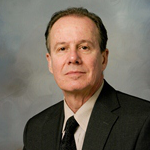
Professor Emeritus of Economics, Marquette University, USA, and Professor Emeritus of Economics, University of Amsterdam, Netherlands.
He is the author of Keynes’s Philosophical Development (Cambridge, 1994), The Theory of the Individual in Economics (Routledge, 2003), Individuals and Identity in Economics (Cambridge, 2011), co-author with Marcel Boumans of Economic Methodology: Understanding Economics as a Science (Palgrave Macmillan, 2010), and co-author with Robert McMaster of Health Care Economics (Routledge, 2017).
He is a former editor of the Review of Social Economy, former co-editor with Wade Hands of the Journal of Economic Methodology, and is the editor of the Routledge Advances in Social Economics book series.

General director for infrastructural investment in the Department for the coordination of economic policy and planning of the Italian Prime Minister Office and a research associate of the Centre for History and Economics, Cambridge. His research focuses on financial and monetary history, economic policy and immigration.
He holds a PhD in economic history from the University of Cambridge, and has been a research associate of the Centre for History and Economics, Cambridge, a visiting professor at the Institut de Sciences Politiques in Paris and visiting fellow at the University of Princeton. He was an economic advisor to Prime Minister Romano Prodi in 1998, a member of the Cabinet of the Minister for the Governmental Programme in 2006-2008 and a senior economist in the Italian G8/G20 office in 2008-2009. Since 2015 he is head of the Office for Infrastructural Investment at the Department for Economic Policy Planning and Coordination of the Italian Prime Minister’s Office.
Amongst his publications are Money and Politics: European Monetary Unification and the International Gold Standard 1865-1873 (2001); Luigi Einaudi, Selected Economic Essays (with R. Faucci and R. Marchionatti, 2006), Immigration policies in Italy from Unification to today (2007).
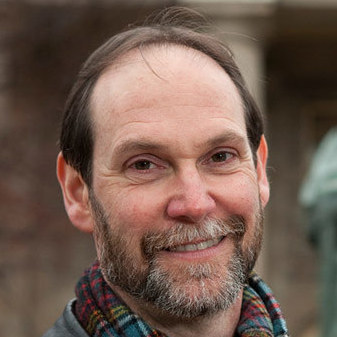
President White Professor of History and Political Science, former chair of the Department of Government, and former director of the Judith Reppy Institute for Peace and Conflict Studies. His research focuses on international humanitarian law and ethics, separatist movements, gender, nationalism and conflict, and, most recently, Italy during World War II, with emphasis on the impact on civilians of the Allied air campaign. Author of Gender, Nationalism, and War: Conflict on the Movie Screen (2011); Law, Ethics, and the War on Terror (2008); The Chechen Wars: Will Russia Go the Way of the Soviet Union? (2002); Unarmed Forces: The Transnational Movement to End the Cold War (1999); and Innovation and the Arms Race (1988); editor or co-editor of, among others, The American Way of Bombing: Changing Ethical and Legal Norms and Flying Fortresses to Drones (2014); Do the Geneva Conventions Matter? (2017); Italy from Crisis to Crisis: Political Economy, Security, and Society in the 21st Century (2018); and Randall Forsberg’s Toward a Theory of Peace: The Role of Moral Beliefs (2019).
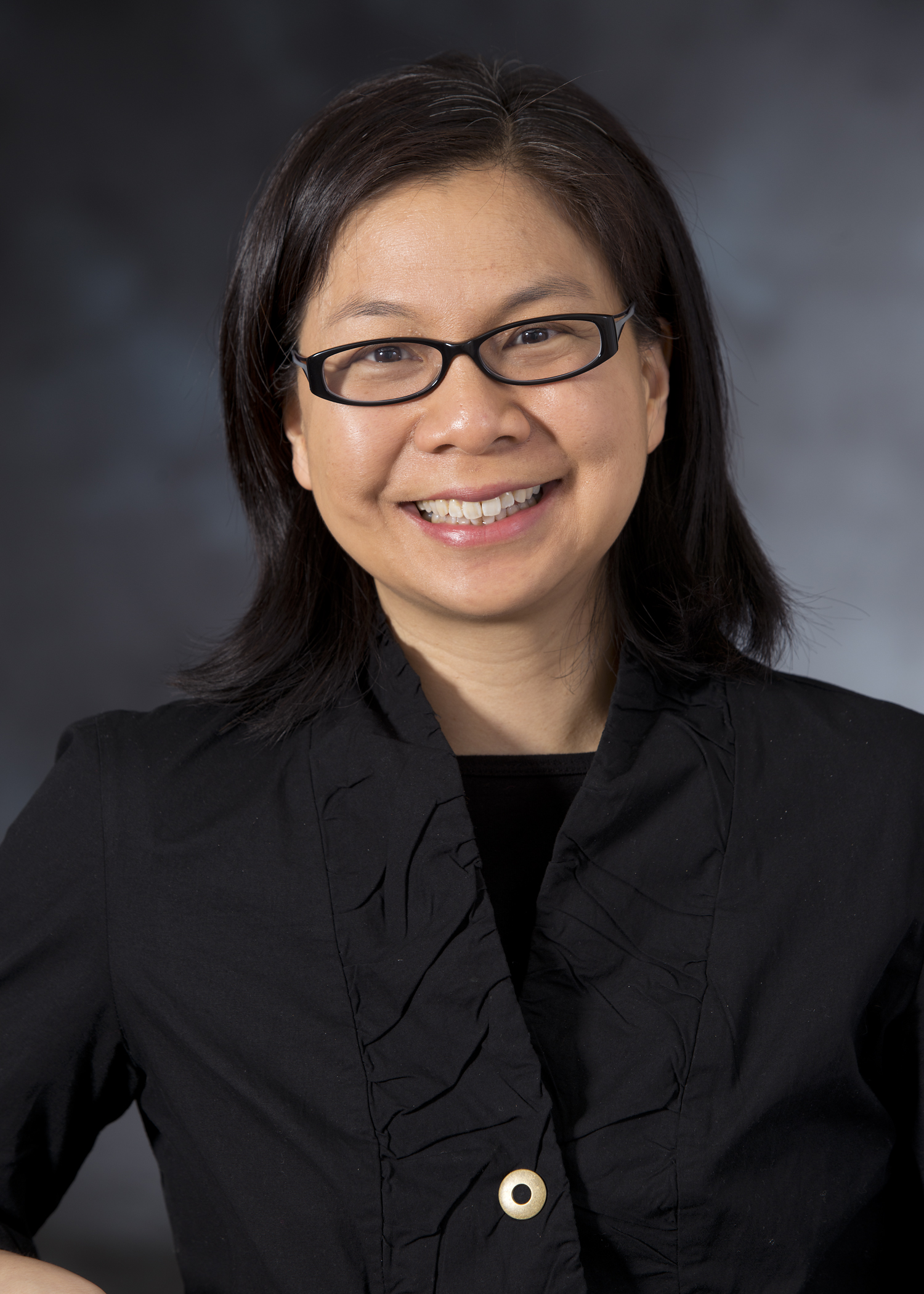
Faculty in the Department Anthropology at the University of Minnesota, Twin Cities, and former Director of The RIGS (Race, Indigeneity, Gender, and Sexuality) Studies Initiative. Her research centers on the problematic of understanding and representing financial markets, sites that are resistant to cultural analysis and often disavow various attempts to locate or particularize them. Her domain of interest is the anthropology of economy, broadly conceived, with specific foci on finance capital, capitalism, globalization, corporations, inequality, and comparative race/ethnicity/indigeneity. Her ethnography, Liquidated: An Ethnography of Wall Street (Duke University Press, 2009) was based on three years of fieldwork among investment bankers and major financial institutions.
Other publications include “Finance and Morality” (A Companion to Moral Anthropology. Fassin, Didier, ed., 2012), “Corporate Nostalgia: Managerial Capitalism from a Contemporary Perspective” (Corporations and Citizenship. Urban, Greg, ed., 2014), and “Gens: A Feminist Manifesto for the Study of Capitalism” (Theorizing the Contemporary Series, Cultural Anthropology Online, co-authored, 2015); “Markets, Myths, and Misrecognitions: Economic Populism in the Age of Financialization and Hyperinequality (Economic Anthropology, 2018); “What Happened to Social Facts?” (American Anthropologist, co-edited, 2019); “In the Name of Shareholder Value: Origin Myths of Corporations and Their Ongoing Implications” (Seattle Law Review, 2020); “Why the Stock Market is Rising Amidst a Pandemic and Record, Racialized Inequality” (American Ethnologist online, 2020).
Her latest projects analyze dominant finance’s production of contemporary inequality, tracing the afterlives of corporate liquidation, the worldviews of investment funds, and the relationship between elite white fraternal networks and dominant financial markets.
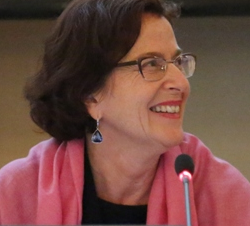
Sandrine Kott is full professor of Modern European History at the University of Geneva since 2004 and an invited professor at New York University since 2017.
Her main fields of expertise are the history of social welfare and labor in France and Germany since the nineteenth century and labor (and power) relations in those countries of real socialism, in particular in the German Democratic Republic. More recently, she has developed the transnational and global dimensions of each of her fields of expertise by taking advantage of the archives and resources of international organizations.
Among her last publications: Organiser le monde. Une autre histoire de la guerre froide, Paris, Le Seuil, 2021, Sozialstaat und Gesellschaft. Das deutsche Kaiserreich in Europa, Göttingen, Vandenhoeck und Ruprecht, 2014; Day to Day Communism. State Enterprises in East German Society, Michigan, MUP, 2014; (ed with Kiran Patel) Nazism across Borders. The Social Policies of the Third Reich and their Global Appeal, Oxford University Press, 2018; (ed with Michel Christian and Ondrej Matejka), Planning in Cold War Europe. Competition, Cooperation, circulation (1950s-1970s), Oldenburg, De Gruyter, 2018.

Associate Professor of Contemporary History at the School of International Studies of the University of Trento, Italy.
A historian of the Cold War and of foreign policy after 1945, with a focus on North-South and East-South relations, her publications include Una strana guerra fredda. Lo sviluppo e le relazioni Nord-Sud (2017) and L’Italia e il trattato di pace del 1947 (2007).

Associate Professor of International Political Economy at the Scuola Normale Superiore and Associate Fellow at the Europe Programme at Chatham House. Her research focuses on the relationship between technocracy and politics, the role of institutions and economic ideas in economic policymaking, the politics of macroeconomic and financial regulatory choices, and the behavior of international organizations.
She is the editor (with Eleni Tsingou) of the book Great Expectations, Slow Transformations: Incremental change in post-crisis regulation (ECPR Press 2013), and author of the book Governing Risk: The IMF and Global Financial Stability (Palgrave MacMillan 2010).
She previously served as member of the Steering Committee of the ECPR Standing Group of International Relations and as Section Chair of the IPE Section of the International Studies Association. She was a Senior Fellow at the Centre for International Governance Innovation (2013-2017)) and member of the committee for the Hedley Bull Prize in International Relations (2016-2018). She has been a visiting researcher at the Johns Hopkins University, Copenhagen Business School, and George Washington University. Twitter: @ManuMoschella.
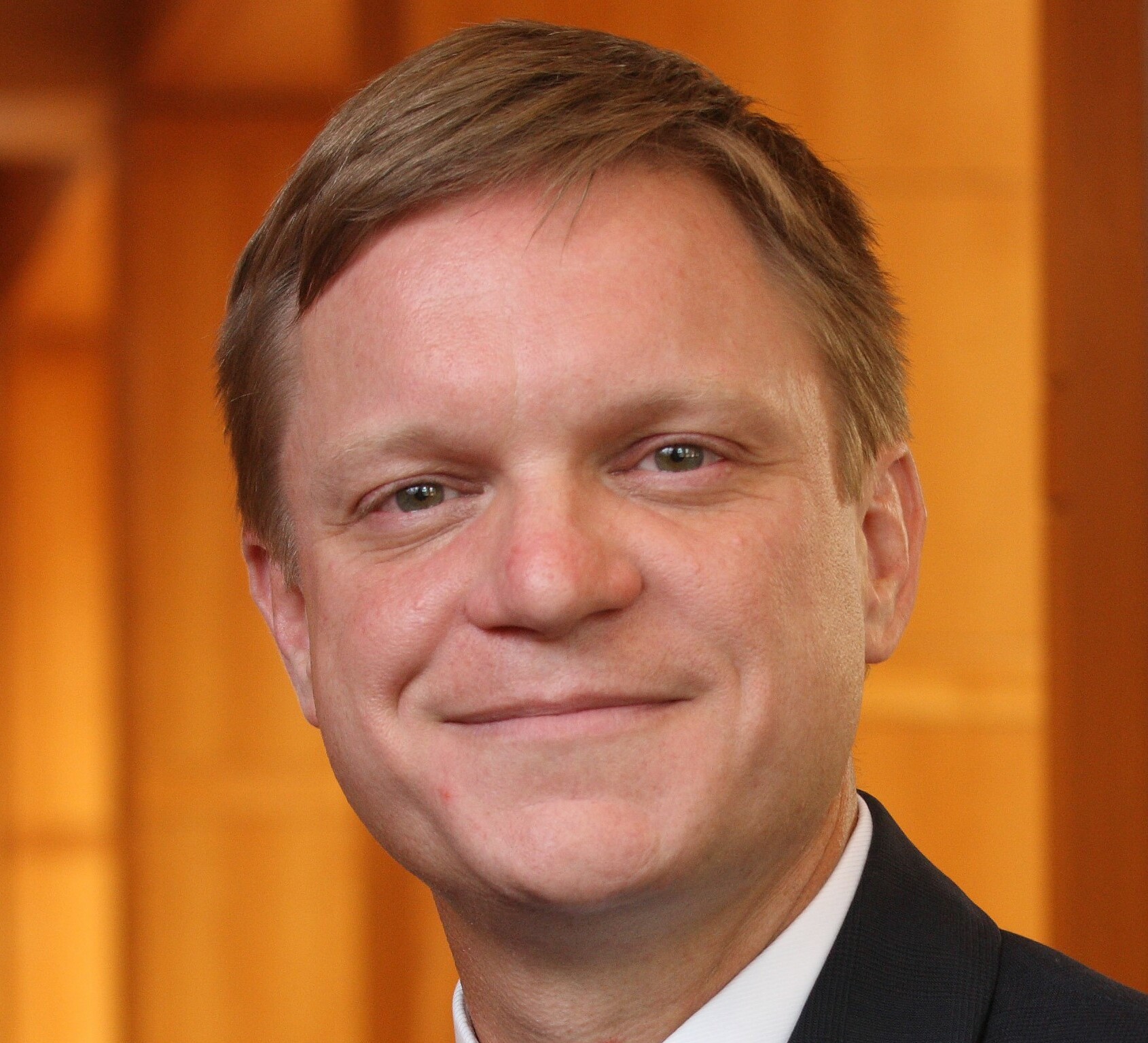
Joseph Weintraub-Bank of America Distinguished Professor of Law at the University of Virginia. He holds a Ph.D. in psychology and a J.D. from the University of California, Berkeley, and he is a Fellow of the Association for Psychological Science.
His research focuses on behavioral law and economics, bias and discrimination, the nature of expertise, and social scientific methodology. His work on judgment and decision-making in the context of legal institutions has been published in leading psychology journals and law reviews and has been cited by the U.S. Supreme Court.
His publications include “The Price of Abstraction” in The Research Handbook on Behavioral Law and Economics, “Alternative Behavioral Law and Economics” in the The Oxford Handbook of Behavioral Economics and the Law, “Evaluating Judges” in The Psychology of Judicial Decision Making, “Libertarian Nudges” in the Missouri Law Review, “Libertarian Paternalism is an Oxymoron” in the Northwestern University Law Review, “Tendencies Versus Boundaries: Levels of Generality in Behavioral Law and Economics” in the Vanderbilt Law Review, “Why Law and Economics’ Perfect Rationality Should Not Be Traded for Behavioral Law and Economics’ Equal Incompetence” in the Georgetown Law Journal, “Toward a Meaningful Metric of Implicit Prejudice” in the Journal of Applied Psychology, “Predicting Ethnic and Racial Discrimination: A Meta-analysis of IAT Criterion Studies” in the Journal of Personality and Social Psychology, “The Proficiency of Experts” in the University of Pennsylvania Law Review, “Experimental Political Philosophy: Justice Judgments in the Hypothetical Society Paradigm” in New Explorations in Political Psychology, and “Revisiting Truth or Triviality: The External Validity of Research in the Psychological Laboratory,” in Perspectives on Psychological Science.

A reader in Economics with Lucian Blaga University of Sibiu (Romania), she has extensive experience in teaching economics within United Kingdom (Nottingham Trent University, University of Derby, Anglia Ruskin University, Cambridge and School of Oriental and African Studies, University of London) and Romania.
She is the author of Ethical formation of Economists (with Wilfred Dolfsma, Routledge, 2019) and the Gift in Economy and Society: Perspectives from Institutional Economics and Other Social Sciences (with Stefan Kesting and Paolo Silvestri, Routledge Advances in social Economics, 2020) and she is a member of Reteaching economics, UK and the Economics Curriculum Skidelski Group.
Her research interests evolve around scientific pluralism, philosophy of economics, economic methodology, sustainability and ecological economics, the gift and economics, Austrian/Post-Keynesian/Institutionalist and Feminist economics.

Professor of International Economics and Pictet Chair in Finance and Development at the Graduate Institute of International and Development Studies in Geneva. He is also Director of the Center for International and Monetary Studies and Vice President of the Centre for Economic Policy and Research (CEPR).
Before joining the Graduate Institute, he was the Chief of the Debt and Finance Analysis Unit at the United Nations Conference on Trade and Development (UNCTAD) and a Senior Economist in the Research Department of the Inter-American Development Bank. He also worked at the World Bank and taught at the American University of Beirut and at the University of Torino.
His research interests include international finance, sovereign debt, the role of the state in finance, and the link between financial depth and economic growth. He holds a laurea from the University of Torino and a PhD in economics from The Johns Hopkins University.
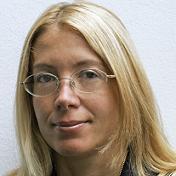
Professor of Political Science at the University of Bologna (DPhil Sussex, MA Sussex). She was awarded research grants and fellowships from the European Research Council, British Academy, Hanse-Wissenschafts Kolleg, University of Bremen, Fonds National de la Recherche du Luxembourg, Max Planck Institute in Cologne, Scuola Normale Superiore and European University Institute.
She has published 7 books, 5 of which with Oxford University Press. Her most recent books are: (2020) The Politics of Regime Complexity in International Derivatives Regulation, Oxford University Press; (2020) The UK and Multi-level Financial Regulation: From Post-crisis to Brexit, Oxford University Press (with S. James); (2016) The Political Economy of Banking Union, Oxford University Press (with D. Howarth).
She has guest co-edited 4 special issues of academic journals: (2019) ‘Brexit and the Future of British Capitalism’, New Political Economy (with S. Lavery, and C. Dannreuther); (2018) ‘The Politics and Economics of Brexit’, Journal of European Public Policy (with S. Bulmer); (2015) ‘The ‘Euroarea’s Sovereign Debt Crisis’, Review of International Political Economy (with D. Howarth); (2009), ‘The Global Financial Crisis: European Perspective and Lessons’, Journal of Common Market Studies (with D. Hodson)

Deputy Department Director at OFCE-Sciences Po. He holds Ph.Ds in Economics from Columbia University and La Sapienza University of Rome. His main research interests include the relationship between inequality and macroeconomic performance, European macroeconomic policies, and the interaction between structural reforms, fiscal and monetary policies. He published in several international journals.
In 2000 he became member of the Council of Economic Advisors for the Italian Prime Minister’s Office. In 2002 he moved to Paris to work at OFCE, the Research Center in Economics of Sciences-Po Paris. He is in charge of the Economics concentration of the Master of European Affairs at Sciences-Po, where he teaches international and European macroeconomics. He is member of the Scientific Board for the LUISS School of European Political Economy (SEP), where he also teaches European macroeconomics. He teaches also at INSEAD Fontainebleau and at the Bruges College of Europe.
He regularly does consulting and executive trainings, and he is involved in the institutional dialogue on macroeconomic policy in the EU. He advises the International Labour Organization (ILO) on macroeconomic policies and employment. He has served as a member of the Scientific Committee of Confindustria. He maintains a blog on European matters, and regularly intervenes in the public debate on the EU economy. Twitter: @fsaraceno.

Professor emerita of sociology and anthropology at Bar-Ilan University, her major fields of interest are sociological theory and the sociology of gift-giving and philanthropy to which she also brings a cross cutting engagement with comparative historical and interpretative cultural analysis.
Current research projects explore cultural and institutional aspects of elite philanthropy in past and present contexts, while aiming at furthering the dialogue between various branches of the human sciences in general and combining the legacy of Max Weber and Marcel Mauss in particular.
She is the author of Religious Virtuosity, Charisma and Social Order: A Comparative Sociological Study of Monasticism in Theravada Buddhism and Medieval Catholicism (1995), the editor of Marcel Mauss, Essai sur le Don (2005) in Hebrew and co-editor of Dynamics of Continuity, Patterns of Change: Between World History and Comparative Historical Sociology (2017). Recent articles include “S.N. Eisenstadt’s Theory of Culture” (2020); “The Gift as Deep Play: A “Note” on Performance and Paradox in the Theatrics of Public Giving (2019); “Gifts in Rites of Passage, or Gifts as Rites of Passage?: Standing at the Threshold between Van Gennep and Mauss” (2018); The Cultural Worth of Economies of Worth: French Pragmatic Sociology from a Cultural Sociological Perspective” (2016).

Associate Professor at the University of Turin, he teaches Contemporary History and History of political parties and movements. He studies Twentieth-century Italy, in particular during the second post-war period.
He is the author of La via italiana alla democrazia. Storia della Repubblica 1946-1953 (2017), Ugo La Malfa. Il riformista moderno (2008), coauthor with Serena Facci of Il Festival di Sanremo. Parole e suoni raccontano la nazione (2011) and the editor of Antonio Maccanico, Il tramonto della Repubblica dei partiti Diari 1985-1989 (2018), Giulio Einaudi nell’editoria di cultura del Novecento italiano (2015), Antonio Maccanico, Con Pertini al Quirinale. Diari 1978-1985 (2014); Massimo Mila, Argomenti strettamente famigliari. Lettera dal carcere 1935-1940 (1999); Luigi Einaudi, Diario dell’esilio (1997) and Luigi Einaudi, Diario 1945-1947 (1993).
He is currently working on a history of the political cultures of united Italy. Since 2016, he is Secretary-treasurer of the Edizione Nazionale degli Scritti di Luigi Einaudi.
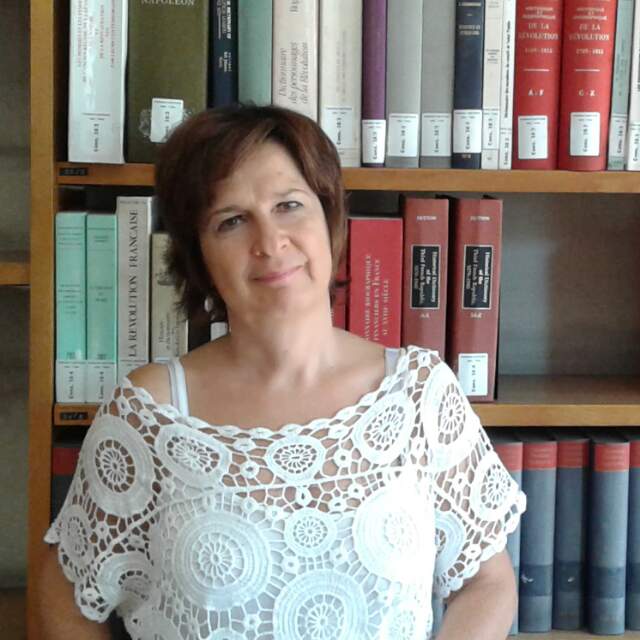
Director of the Library and manager of the website of the Fondazione Luigi Einaudi ngo

Manager of the Historical Archive and of the Editorial Office of the Fondazione Luigi Einaudi ngo
Fondazione Luigi Einaudi npo – Palazzo d’Azeglio
Via Principe Amedeo 34, Torino
Tel (+39) 011–835656
Copyright© 2020 Fondazione Luigi Einaudi npo